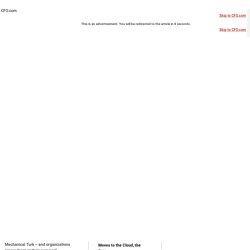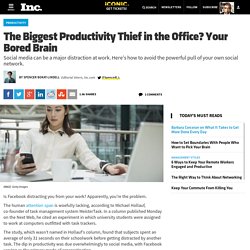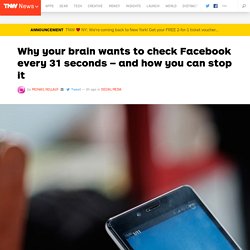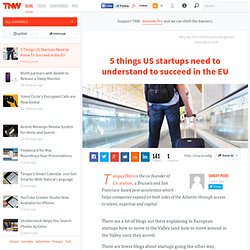

Turning On ERP Systems Can Turn Off People - In the late 18th century, a Hungarian inventor toured Europe and the Americas with a chess automaton that played a wicked game of chess.

It was initially regarded as a marvel of technology but turned out to be a scam. Suspicions were confirmed when it was shown that the world famous “Mechanical Turk” had a human chess player inside who was moving the pieces on the board. Today’s buyers of enterprise software are trapped in a similar illusion about the systems that they buy. It’s true that information technology properly deployed can create predictability, precision, consistency, discipline, and scalability. But at the same time, business information technology bears a number of uncomfortable similarities to the Mechanical Turk – and organizations ignore them at their own peril. Let’s take a look at three of TriFinance’s most recent cases (anonymized of course), to illustrate the point. Case #1: Cracking the Black Box Most companies nail this process, because it’s fairly easy. The Biggest Productivity Thief in the Office? Your Bored Brain. Is Facebook distracting you from your work?

Apparently, you're the problem. The human attention span is woefully lacking, according to Michael Hollauf, co-founder of task management system MeisterTask. In a column published Monday on the Next Web, he cited an experiment in which university students were assigned to work at computers outfitted with task trackers. The study, which wasn't named in Hollauf's column, found that subjects spent an average of only 31 seconds on their schoolwork before getting distracted by another task.
The dip in productivity was due overwhelmingly to social media, with Facebook serving as the primary mode of procrastination. Likewise, Mark Zuckerberg confirmed last year that Americans spend an average of 40 minutes a day on Facebook. 1. While social media tends to be more interesting than datasets, sometimes your brain simply craves variety. 2. Time-wasting websites are tempting enough without a constant reminder to check them. Facebook addiction - and how to tackle it. Why do we drop stuff that we need to finish in order to start other things – even when we know that we shouldn’t be switching back and forth on our to-do list (or worse, between our to-do’s and Facebook?)

It’s one of the mysteries of modern office life. Since we at MeisterTask are building an app to keep people on task, I felt like I should understand multitasking. It turns out that there’s not a lot of research on it. There is plenty of scientific work on how long it takes before we can concentrate again after being interrupted (almost 15 minutes!). But it’s only in the last few years that scientists have tried to answer the question: why do we multitask, and how bad is it? Well, it’s really, really bad, as scientists discovered when they outfitted computers of a study room of the university with a task tracker. From earlier research, we know that students estimate that they can concentrate on their work for about five minutes at a time.
5 Things US Startups Need to Know To Succeed in the EU. Tanguy Peers is the co-founder of Co.station, a Brussels and San Francisco-based post-accelerator which helps companies expand on both sides of the Atlantic through access to talent, expertise and capital.

There are a lot of blogs out there explaining to European startups how to move to the Valley (and how to move around in the Valley once they arrive). There are fewer blogs about startups going the other way, which is understandable. A US startup expanding to Europe will already have a sizable business in the US, and it is often better funded. It has also proven that it can scale at breakneck speed. But what you need to thrive in the juicy European market is not always speed. 1. First, while Europe is certainly a big and rich market, it’s is not a homogenous early adopter market like the US.
There will be more friction in the beginning as you navigate the 28 submarkets of Europe, and it’s easy to get cold feet. 2. Also, don’t be too surprised if Europeans invite you to the opera. 3.
Traders Reactions To Icahn Tweets.